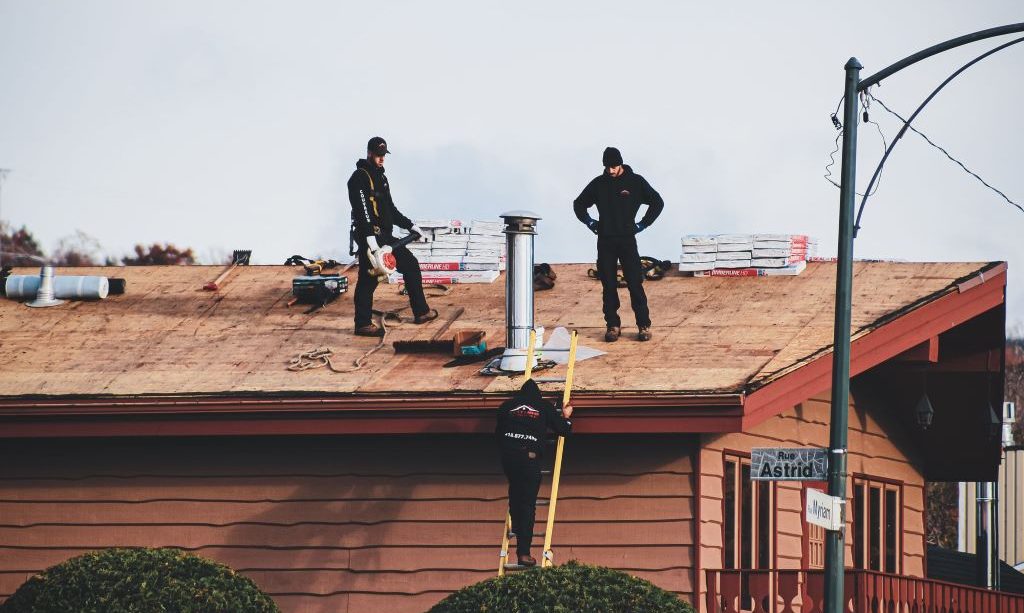The foreclosure process is a complex and often stressful ordeal for homeowners. Amidst the legal and financial challenges, property preservation often takes a back seat. Understanding the importance of property maintenance during foreclosure is crucial. Additionally, knowledge of the foreclosure process can significantly benefit both homeowners and lenders.
Why Property Preservation Matters
It refers to the upkeep and maintenance of a property undergoing foreclosure. This process ensures that the property retains its value, prevents further deterioration, and remains marketable. There are several key reasons why it is crucial during foreclosure:
- Maximizing Property Value: A well-maintained property commands a higher market price, increasing the chances of recouping the outstanding loan balance. This benefits both the lender, who aims to recover losses, as well as the homeowner, who may be eligible for excess proceeds.
- Mitigating Liability: Neglected properties can become safety hazards and attract vandalism, leading to legal and financial liabilities for the owner. By preserving the property, owners can avoid potential lawsuits and additional costs.
- Ensuring Marketability: Well-maintained properties attract more buyers, leading to faster sales and reduced costs for the lender.
- Protecting Neighborhoods: Dilapidated properties can negatively impact the surrounding community’s property values and overall aesthetic. It helps maintain the integrity of neighborhoods.
Steps Involved in Property Preservation
It involves a range of tasks, depending on the property’s condition and the foreclosure stage. Some common steps include:
- Inspection and Assessment: A thorough inspection is conducted to identify any existing damage or potential issues. This assessment consequently forms the basis for a detailed preservation plan.
- Securing the Property: This involves changing locks, as well as boarding up windows and doors, and installing security systems to deter trespassers and vandalism.
- Landscaping and Maintenance: Regular lawn mowing, weeding, and pruning maintain the property’s curb appeal and prevent overgrowth that could damage the structure.
- Interior Cleaning and Repairs: Cleaning and minor repairs, such as fixing leaks, addressing plumbing issues, and ensuring the proper functioning of appliances, are essential for preserving the property’s condition.
- Utility Management: Maintaining essential utilities like electricity and water prevents further damage and ensures the property remains habitable if occupied.
- Winterization: In colder climates, winterizing the property by draining pipes, insulating, and ensuring proper ventilation prevents costly damage caused by freezing temperatures.
Who is Responsible for Property Preservation?
The responsibility for it during foreclosure typically falls on the homeowner until the property is transferred to the lender or a third party. However, the lender may have the right to intervene and perform preservation tasks if the homeowner neglects their duties.
Working with Property Preservation Companies
Lenders often work with companies to manage and execute preservation tasks. These companies specialize in property maintenance and have a network of contractors and vendors to handle various aspects of preservation efficiently.
Tips for Homeowners Facing Foreclosure
If you are facing foreclosure, prioritizing property preservation can make a significant difference. Here are some tips:
- Communicate with Your Lender: Maintain open communication with your lender and inform them about your preservation efforts.
- Document Everything: Keep detailed records of repairs, and maintenance, as well as any communication with your lender or property preservation company.
- Seek Assistance: If you are unable to manage preservation tasks yourself, consider seeking assistance from local agencies or non-profit organizations.
The Future of Property Preservation
As the real estate market evolves, technology plays an increasingly important role in it. Remote monitoring systems, as well as smart home technology and data-driven analytics, are being utilized to streamline preservation processes, reduce costs, and enhance efficiency.
Related: SMEs will love these low-cost marketing ideas
In Conclusion
It is an essential aspect of foreclosure that should not be overlooked. Homeowners and lenders can minimize losses, mitigate risks, and ensure a smoother transition during a challenging time by understanding its importance and taking proactive steps to maintain a property. As the industry continues to embrace technology and innovation, the future of property preservation looks promising, offering new opportunities to protect and enhance property values in the years to come. For a deeper understanding, you can explore Inhomeplans review on what it is to gain more insights.



